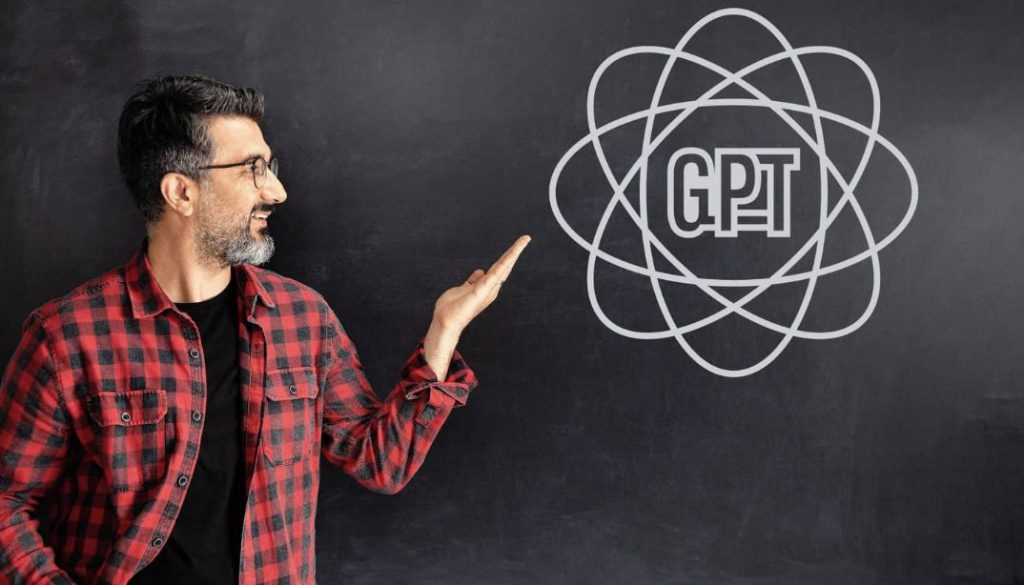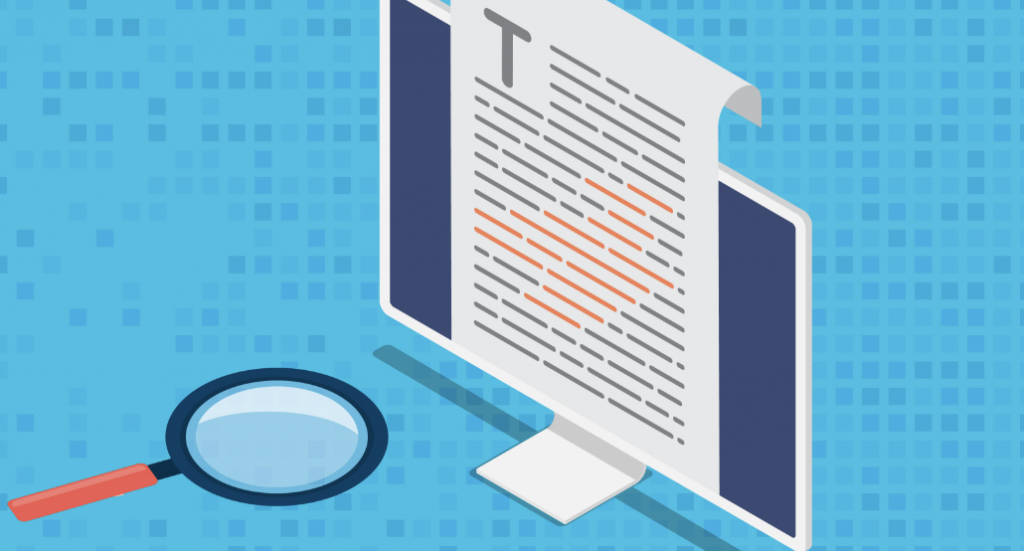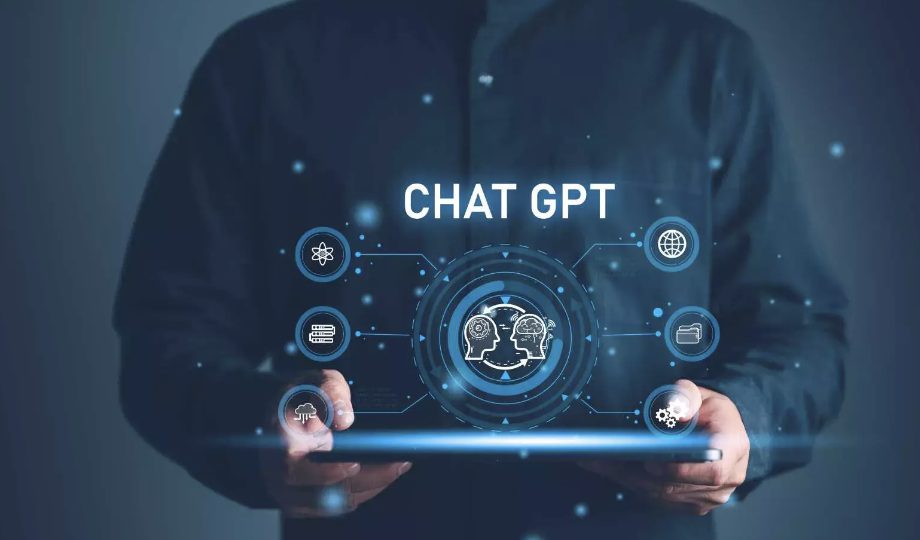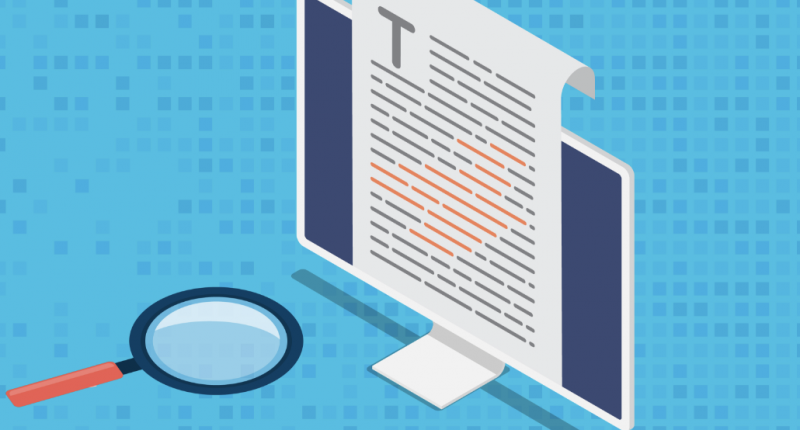Your guide: Can Universities Detect ChatGPT?
For educational institutions, the rise of AI-powered writing helpers such as ChatGPT presents a serious problem. Universities are trying to create efficient plans to find AI-written content and preserve academic integrity as students use these advanced language models to help with or even totally create their assignments.
So, if you’ve ever asked, “Can Universities Detect ChatGPT?” you’re in luck. Today, we’ll cover this and more. Keep reading more to find out.
Also read: BRICS Confirms 159 Participants Will Adopt New Payment System


ChatGPT’s Emergence and Effects on Academic Integrity
The introduction of ChatGPT in recent months has spurred a general discussion on the consequences of AI-generated material in educational environments. Developed by OpenAI, this powerful language model has shown an amazing capacity to generate human-like text on a broad spectrum of subjects, from technical analysis to creative writing.
Many students have been enticed to utilize ChatGPT to help with or even entirely compose their assignments, therefore raising questions about academic honesty and the genuineness of student work.
Identifying ChatGPT-Created Content: The Difficulties
Finding AI-written material is difficult since ChatGPT’s output sometimes seems to be just like a human. Given ChatGPT creates wholly fresh material, traditional plagiarism detection tools—which mostly find text borrowed from existing sources—are somewhat useless in this setting. This has compelled universities to investigate different ways to identify AI-generated content.


AI Detectors’ Part in Spotlighting ChatGPT Use
Universities have been turning more and more to AI-powered detection techniques to find AI-generated content in response to the growing concern of ChatGPT-assisted cheating. Using sophisticated machine learning algorithms to examine the linguistic patterns and stylistic traits of a given text, these specialized software solutions—including Winston AI and Turnitin—allow one to differentiate between human-written and AI-generated content with a great degree of accuracy.
Limitations of Artificial Intelligence Detectors
Although AI detectors have shown to be useful instruments in the battle against ChatGPT-assisted cheating, they are not without limits. These instruments depend on always-changing AI models and can be vulnerable to developments in language-generating technologies, which might surpass their ability for detection over time. Further aggravating the difficulty for colleges is some students experimenting with methods to avoid or “trick” these detectors.
Creating Projects to Mitigate ChatGPT Risks
Apart from using AI detectors, colleges are also investigating several approaches to reduce the effect of ChatGPT on academic integrity. This involves creating projects requiring higher-order cognitive abilities, critical analysis, and novel arguments—exactly where artificial intelligence language models now fall short. Teachers can produce stronger tests that are less prone to AI-assisted cheating by turning the emphasis away from generic essay-writing assignments.
Improving Student Awareness and Education
Universities are realizing the need to teach students about the moral application of artificial intelligence tools and the consequences of academic dishonesty in addition to technological solutions. Institutions can enable students to make wise decisions and realize the need to strengthen their own critical thinking and writing abilities by encouraging an academic integrity culture.
Oral evaluations and student presentations
Some colleges are looking to alternative assessment strategies including oral tests and student presentations to further fight the threat of ChatGPT-generated content. These strategies let teachers interact with students directly, evaluate their grasp of the course content, and guarantee that their produced work is original.
Changing Scholarly Integrity Standards
Universities are changing their academic integrity rules to handle the use of language models like ChatGPT as the terrain of AI-assisted cheating changes. These updated rules seek to give teachers clear instructions, definitions, and penalties for the abuse of artificial intelligence tools, therefore enabling them to act forcefully against academic dishonesty.
Keeping Ahead of the Curve: Constant Work and Future Evolution
Universities are always trying to keep ahead of the curve since the fight against ChatGPT-assisted cheating is never-ending. Teachers have to be alert as artificial intelligence develops, working with researchers and technology companies to create ever more advanced detection systems and evaluation techniques.
Also read: BRICS: Brazil To Incorporate Government Bonds in CBDC Digital Currency


The Part Knowledge Sharing and Cooperation Play in
Cooperation and knowledge sharing amongst educational institutions will be very vital in this fast-changing terrain. Universities can jointly improve their defenses against AI-assisted cheating using best practices, insights, and lessons learned, therefore preserving the integrity of higher education.
The Direction of Artificial Intelligence in Education: Accepting the Possibilities
Although ChatGPT and related artificial intelligence tools present difficult problems, it’s crucial to acknowledge the possible advantages AI might offer for the field of education. Universities can improve the learning process, encourage more creativity and output, and equip students for the AI-driven future they will face in their professional lives by carefully combining tools and technology driven by artificial intelligence.
Conclusion
Universities have to keep alert in their attempts to identify and discourage academic dishonesty while the usage of AI-powered writing assistance keeps rising. Institutions may protect the integrity of higher education and embrace the transforming possibilities of artificial intelligence by using a mix of technical solutions, teaching programs, and creative assessment approaches. The road forward calls for constant cooperation, flexibility, and a dedication to maintaining academic achievement and honesty as values.





